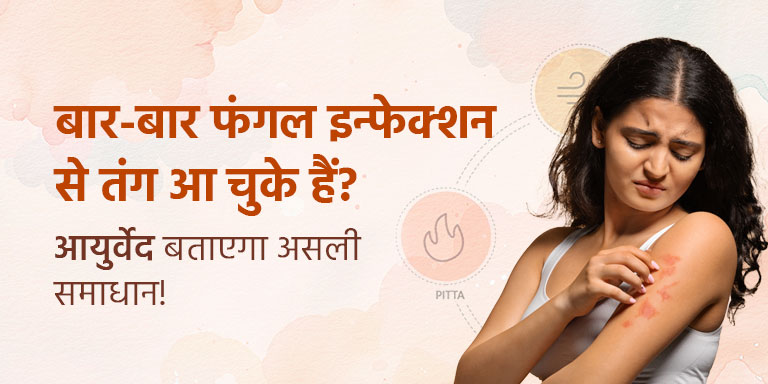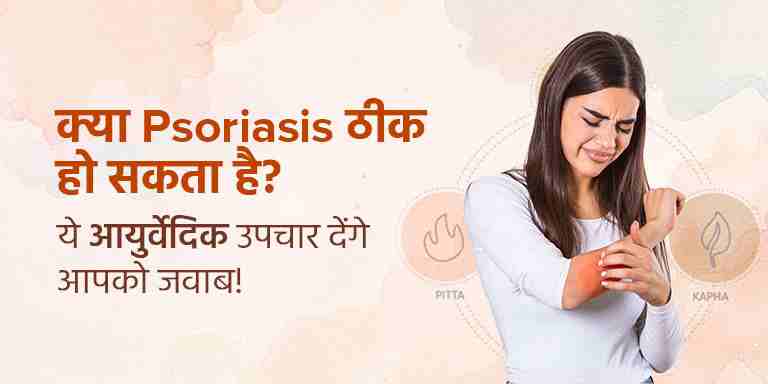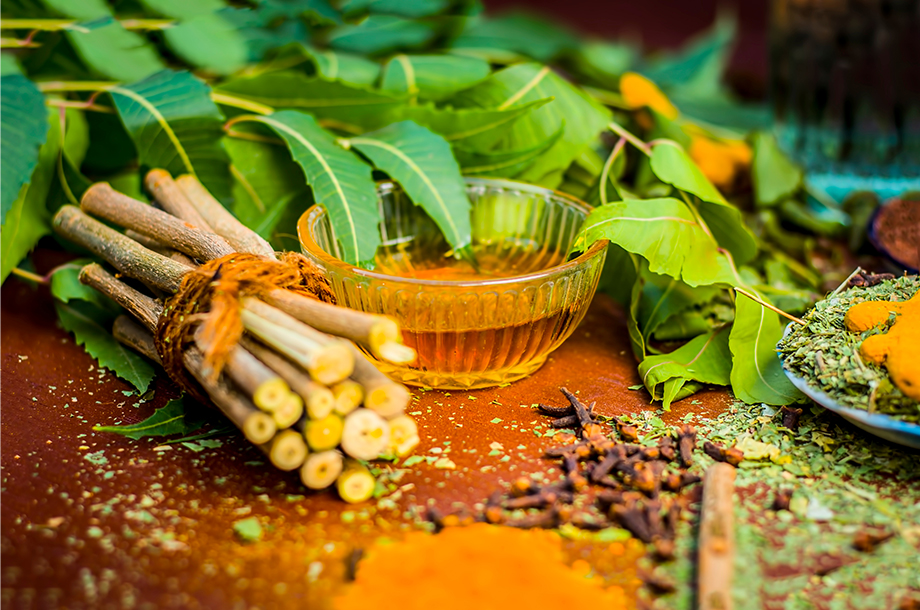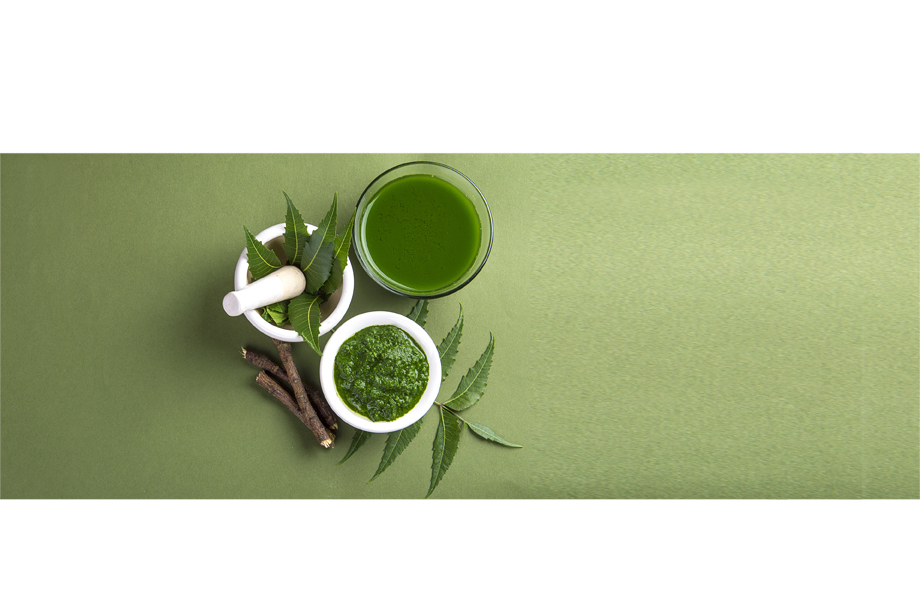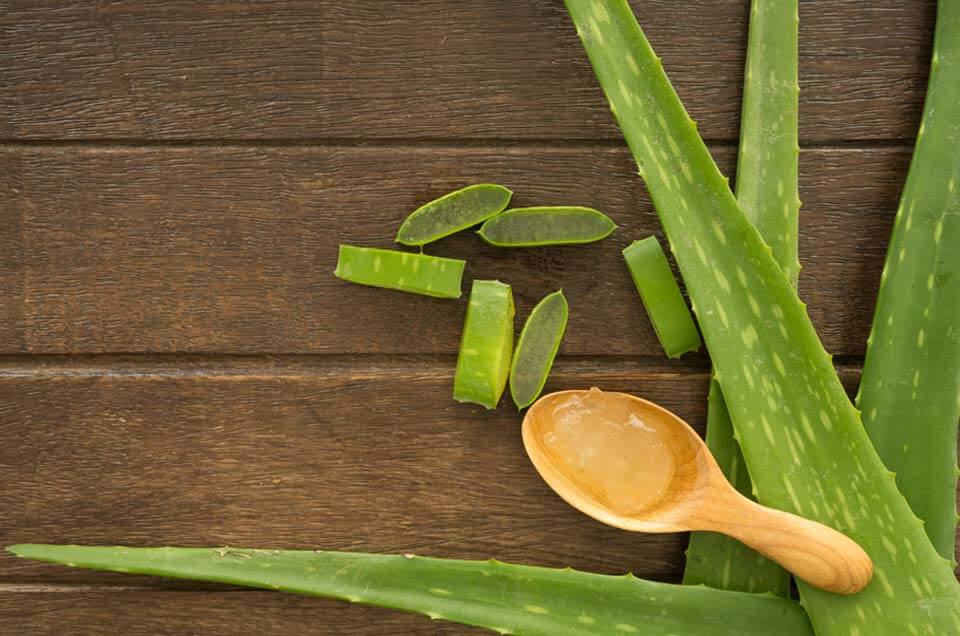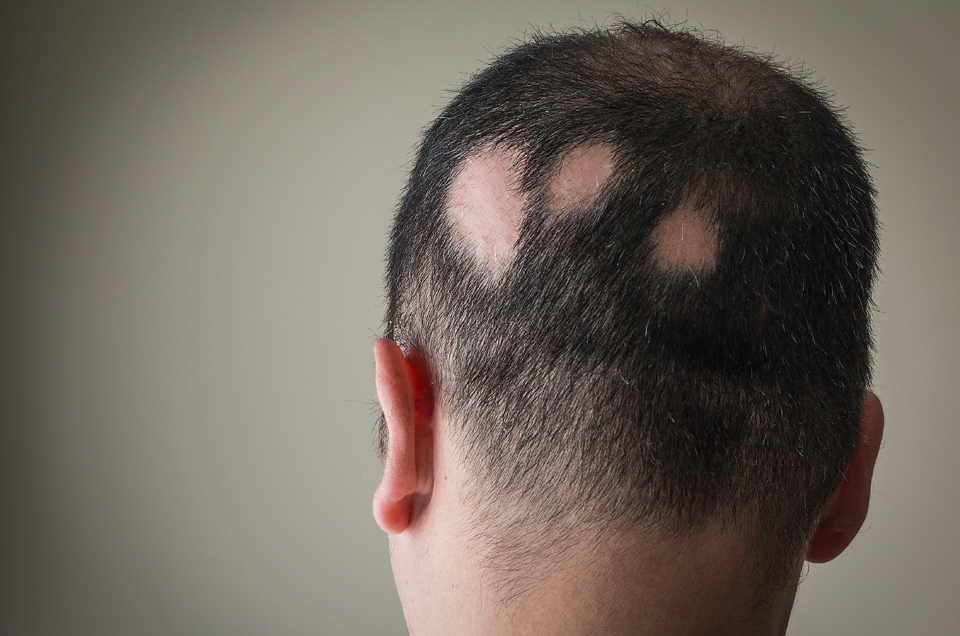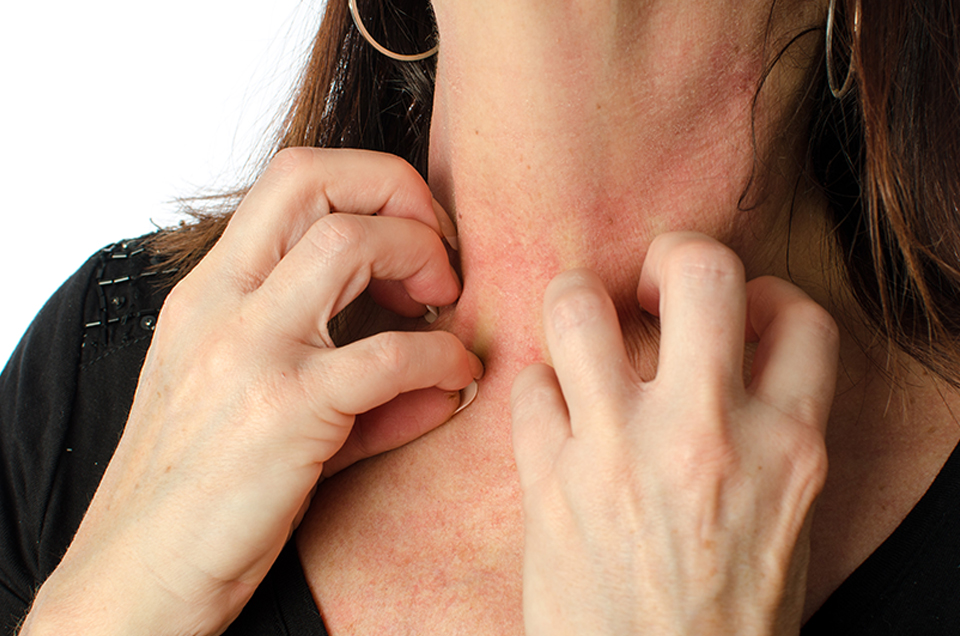Coconut milk:
Apply coconut milk to your scalp and cover your head with a towel and leave on for 20 minutes. After that, remove the towel and rinse out your hair with cold water. You can prepare coconut milk at home by grinding the grated coconut and squeezing its milk. Massaging your scalp with coconut oil will also prevent hair loss.
Aloe Vera:
Extract fresh Aloe Vera pulp from the leaf and rub into your hair. Do this on clean and freshly washed hair. Massage the pulp with your fingers into your scalp in circular motions. Leave it on for about 15 minutes and then rinse with cold water. Repeat it thrice for a week.
Methi:
Soak 2 tablespoons of methi seeds in water overnight and grind to make a paste. Apply this on your scalp and hair. Leave on for half an hour and wash off thoroughly.
Amla:
Fry dried Amla in coconut oil till the oil turns black. Let it cool and then massage your scalp with this oil. Leave for 20 minutes and shampoo as usual. Alternately, you can crush the amla fruit and extract its juice. Mix 2 tsp of this juice with equal amount of lime juice and apply on scalp. Let it dry and then rinse off with warm water.
Neem:
Boil 10-12 neem leaves in water. Wait for it to cool down and then use this water to rinse your hair. You can use this as a last rinse after shampooing once every week.
Green Tea:
Steep two green tea bags in hot water and wait till the water cools down. Rinse your hair with this solution or massage it over the scalp. You can use this as an after shampoo conditioner. Repeat twice a week.
Henna:
Take about 250 ml of mustard oil, add some washed and dried henna leaves and boil the mixture until leaves are burnt. Filter it using a muslin cloth and regularly massage your hair with this oil. You can also use a hair mask by mixing 1 cup of henna powder with half cup curd. Apply this to your hair and allow to dry. Wash off with water and shampoo.
Please remember that these remedies are for occasional bouts of hair loss. If you’ve been losing a lot of hair for a long period of time, and it has turned into a chronic condition, it’s important to consult a Jiva doctor. This could be indicative of a more serious, underlying problem, and it’s best to get to the root cause before it’s too late.




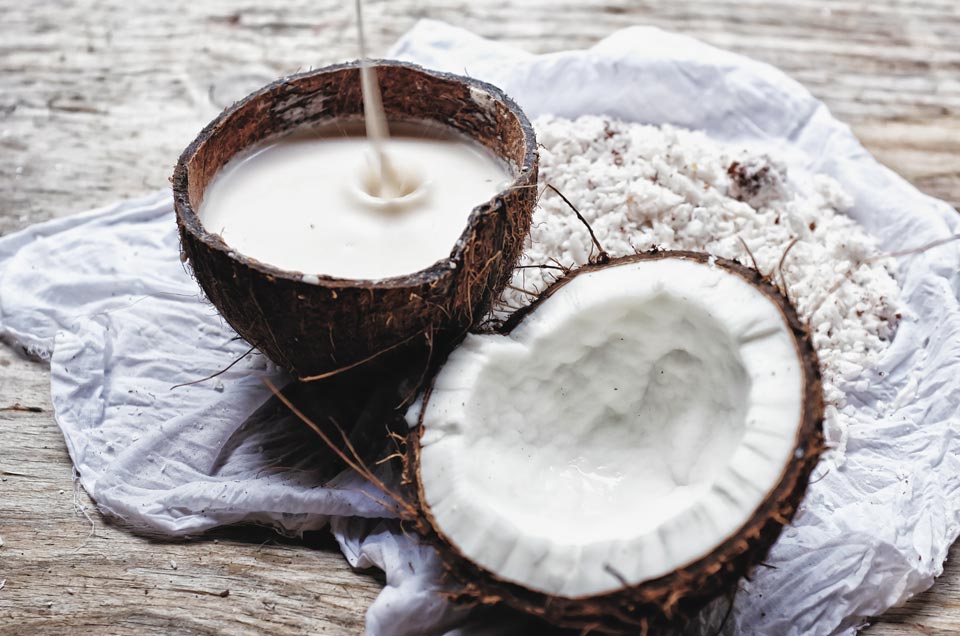
 Prev
Prev

